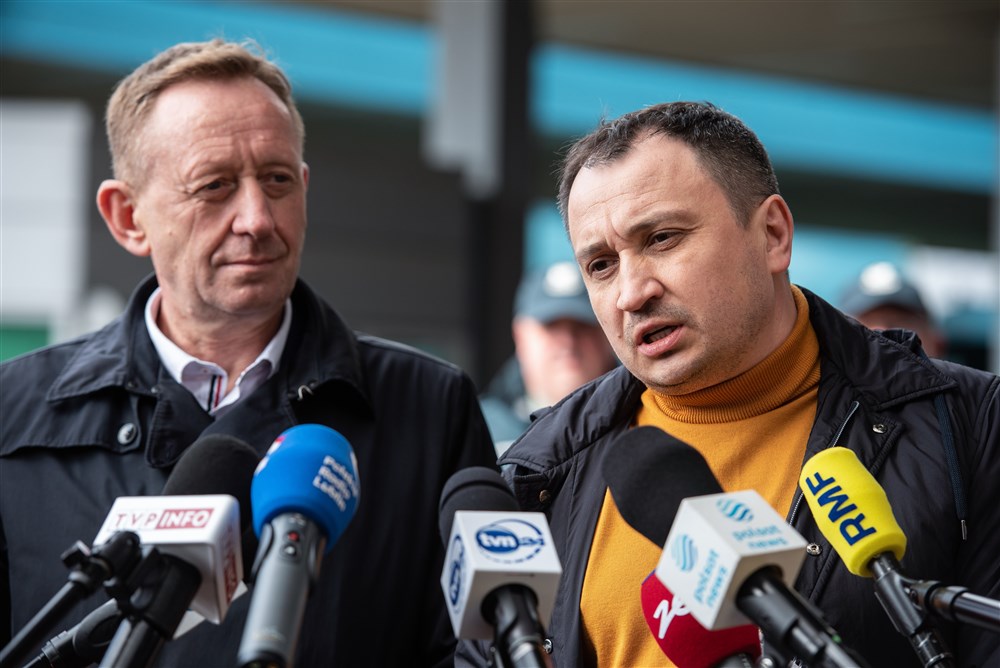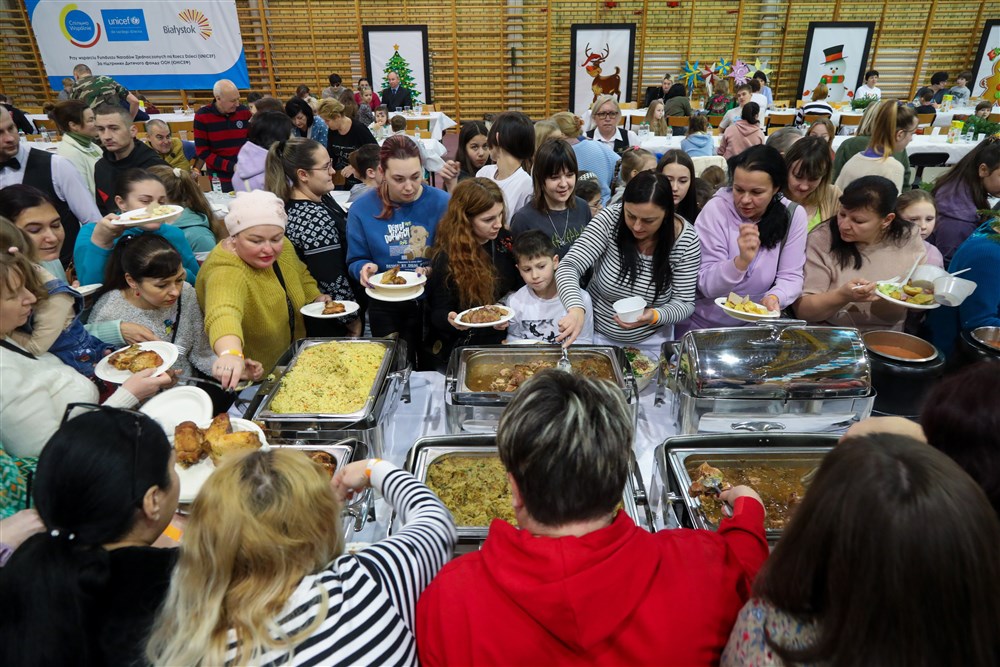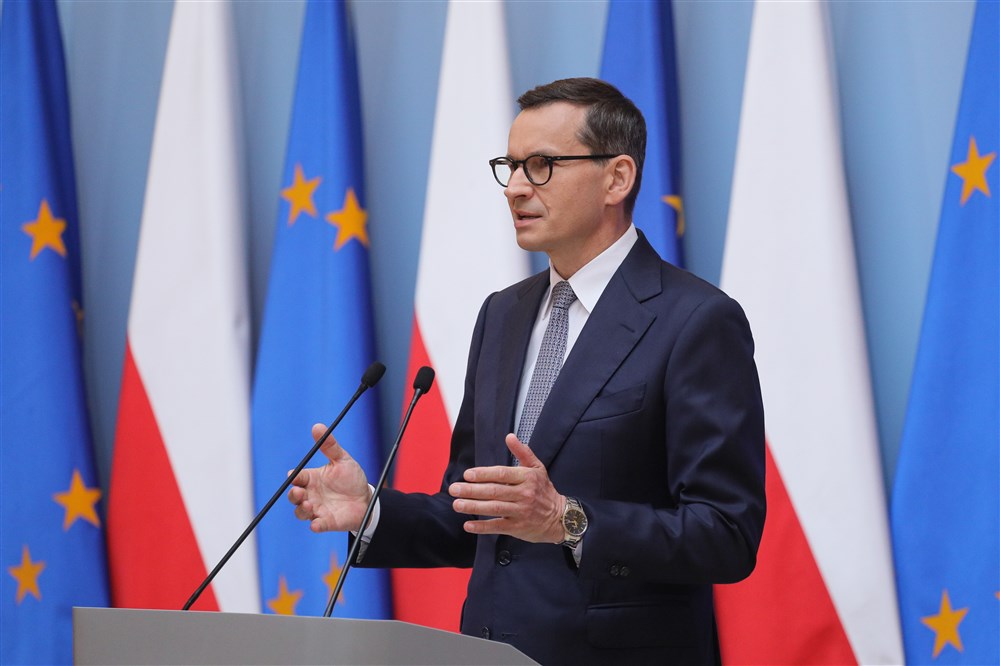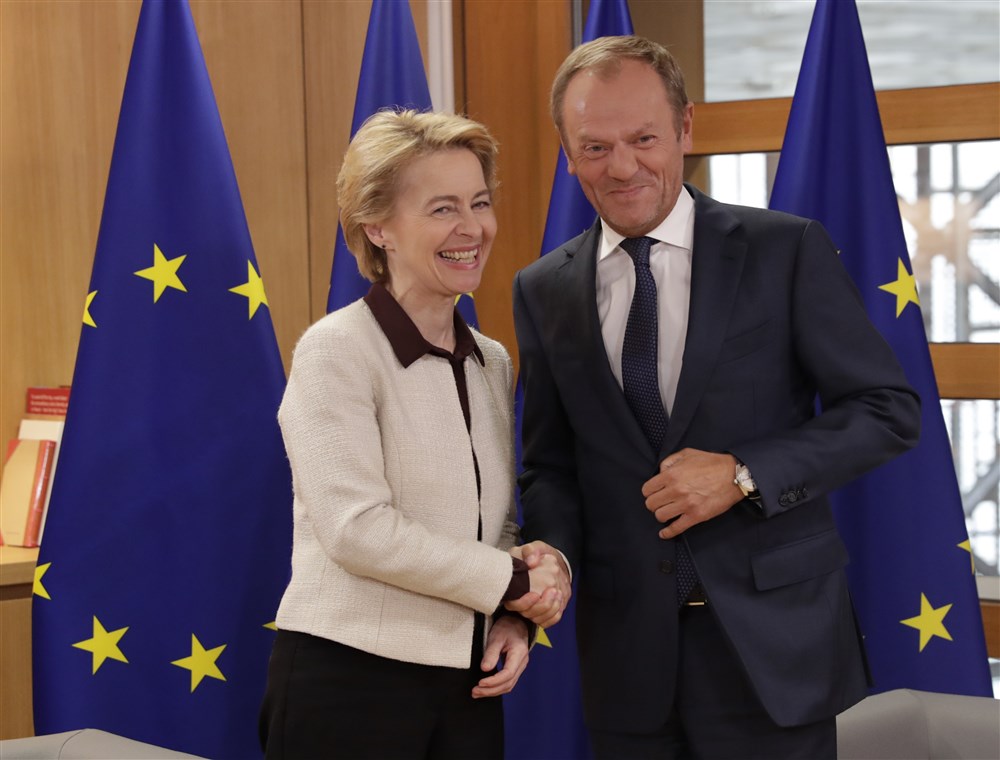European Commission President Ursula von der Leyen has been accused by one of her own top-ranking officials of dragging her feet over compensation payments to Member State farmers who have suffered as a result of grain imports from Ukraine.
Poland’s Janusz Wojciechowski, the EU’s Agriculture Commissioner, told reporters: “Everything is ready for the decision to be taken and the signing off was planned for Monday, but the President of the Commission decided to delay. I cannot see any reason for delaying this decision and I hope that it will be taken next week”.
According to Polish media reports, €40m in aid for Polish farmers is being held up by the EC, which accuses Poland, Hungary, Bulgaria, Romania and Slovakia of blocking the transit of Ukrainian products to countries that wish to receive them. The full package of compensation for the five countries totals €100m.
Pressure has been brought to bear on von der Leyen by the Ukrainian government, according to the media reports. The EC President is said to have asked for guarantees that there be no more restrictions on grain transits. The reports suggest she also opposes the transfer of €330m worth of support for the remaining EU countries, an amount that was offered to ensure that Spain, Italy and France would not block the €100m for the five central European states.
The Commission alleges that the five nations are failing to meet their side of the bargain by refusing to lift transit restrictions.
Poland unilaterally banned the import of grain from Ukraine in April this year after protests by its farmers at grain flooding into the country. Ukraine previously exported the majority of its grain through its Black Sea ports. But as a result of the Russian invasion, just three Ukrainian ports remain operative, kept open by a shaky UN deal.
Ukrainian grain, which had poured into Poland, was intended for export to the Middle East and Africa but in practice was often bought by domestic wholesalers and remained in Poland.
The EC protested against Poland’s ban on Ukrainian grain, stating that trade policy is exclusively an EU matter. The dispute was said to have been resolved when the Commission agreed to restrict the flow of Ukrainian grain into Central European markets on condition that the Member States concerned would allow that grain to transit to other European destinations and lift any unilateral bans.
A temporary ban on Ukrainian grain imports into the five Central and East European states will remain in place until September 15 this year.





